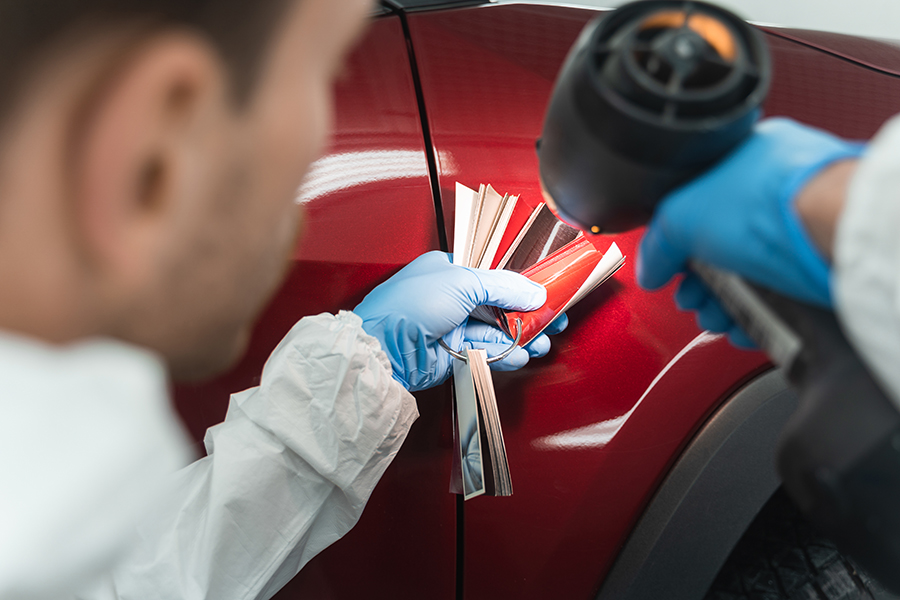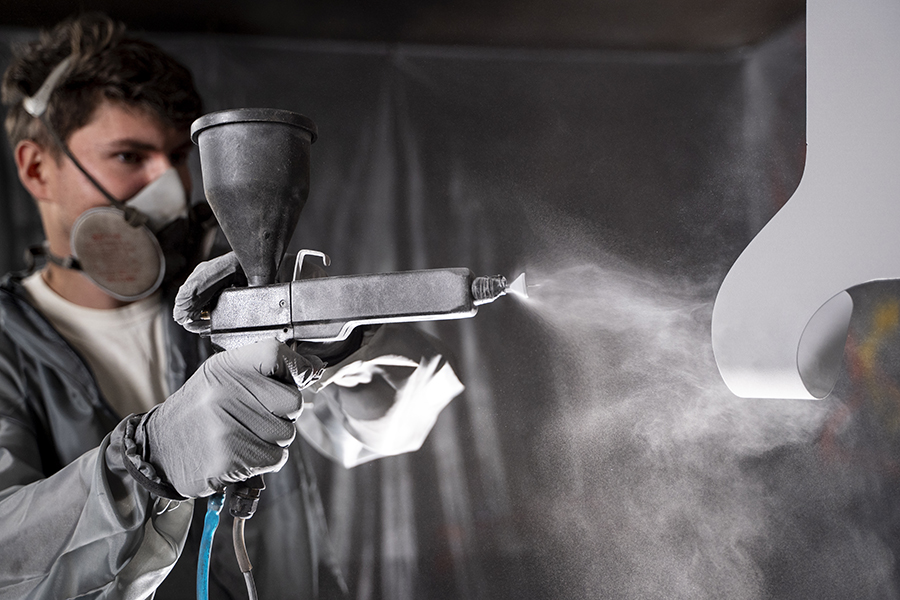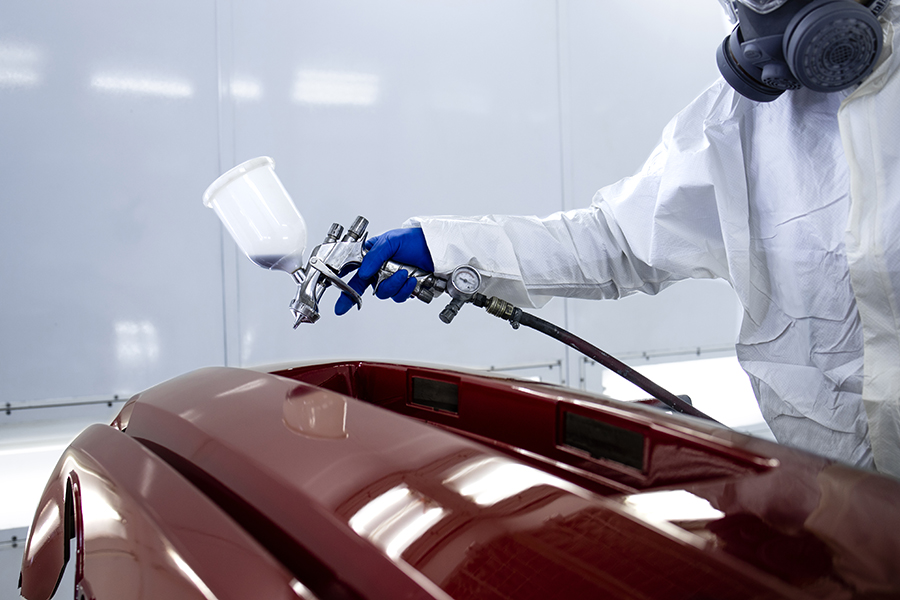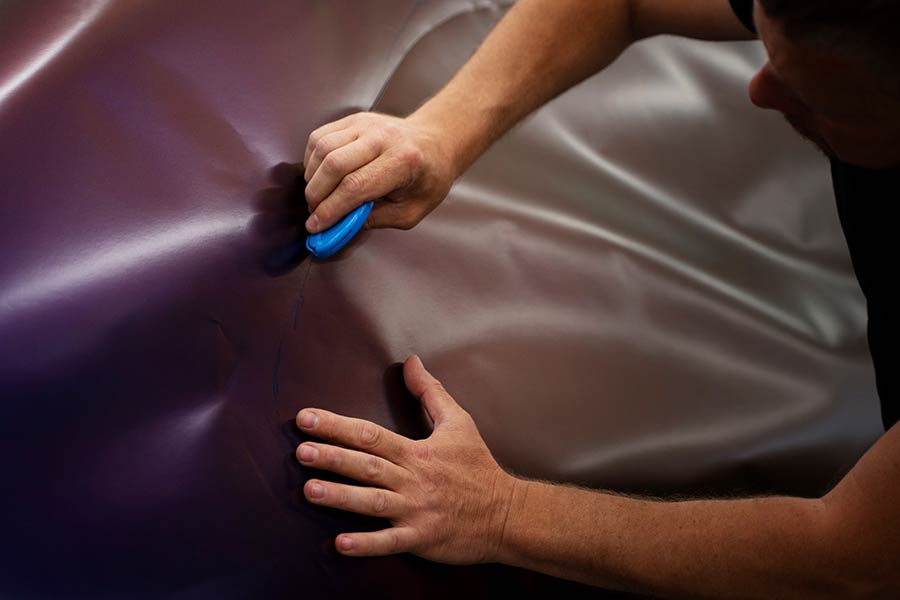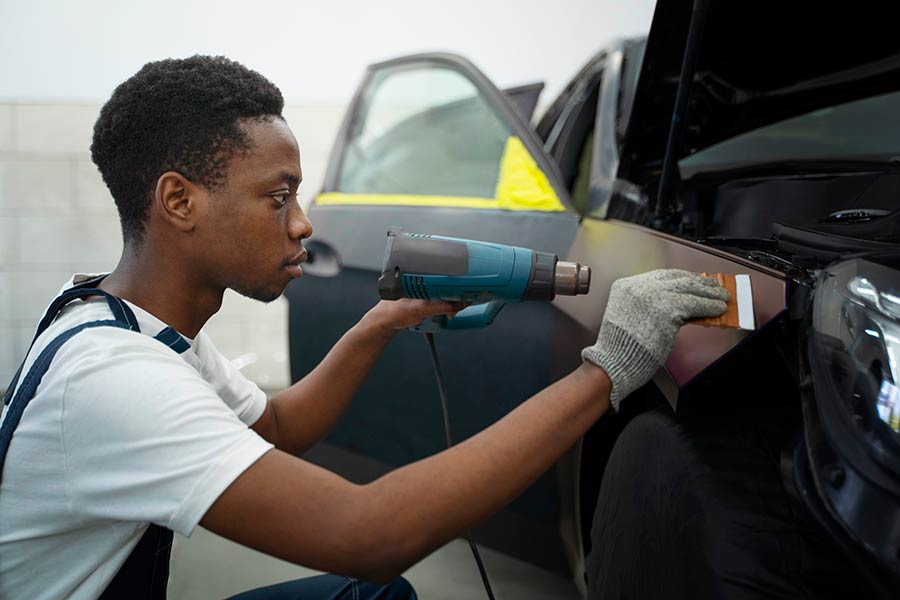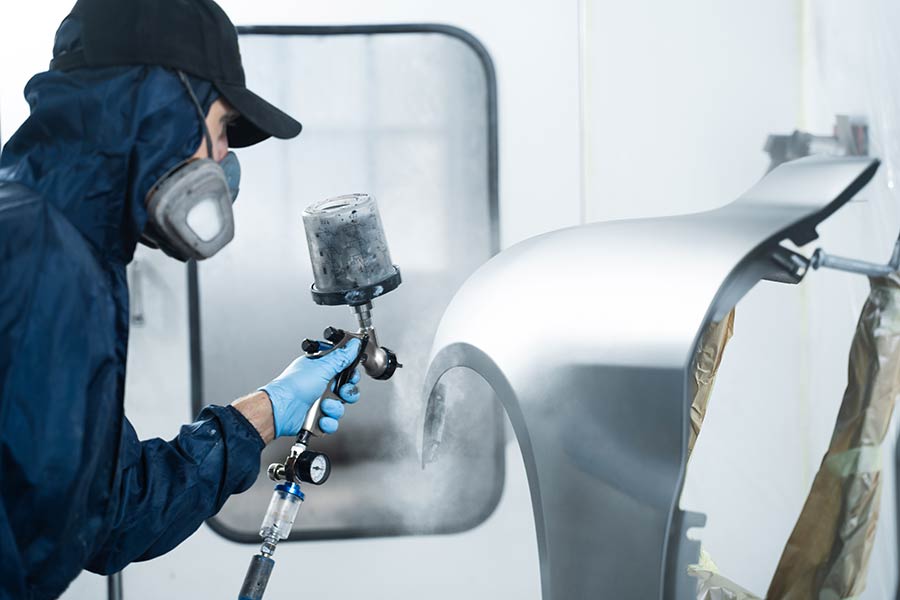Ever had a pesky car scratch ruin your ride's vibe? You're not alone. Car scratches can feel like a thorn in your side, but fear not. We've got the lowdown on fixing those unsightly marks without breaking the bank. Whether it's a tiny nick or a more noticeable scrape, there are easy ways to restore your car's shine. Imagine your car looking brand new again! Dive into this guide and learn simple tricks for car scratch and paint repair that even a kid could follow. Let's get your wheels gleaming like they just rolled off the lot.
Key Takeaways
- Identify Scratch Type: Know if it's a surface, deep, or clear coat scratch before fixing.
- DIY Steps: Clean, sand, apply compound, and polish for minor scratches.
- Choose Right Products: Use quality scratch removers and touch-up paint for best results.
- DIY vs. Professional: DIY saves money but pros offer better finish for deep scratches.
- Prevent Scratches: Park safely, wash gently, and use protective coatings.
- Regular Check-Ups: Inspect your car often to catch and fix scratches early.
Understanding Car Scratches
Types of Scratches
Car scratches come in different types. Clear coat scratches are the least serious. They only affect the top layer. These scratches are easy to fix with polish.
Primer scratches go deeper. They reach the layer below the clear coat. Fixing these needs more work and skill.
Paint layer scratches are the worst. They cut through all layers, exposing metal. Repairing them is costly and time-consuming.
Causes of Scratches
Scratches can happen for many reasons. Parking under trees can be risky. Tree branches might touch the car, leaving marks.
Shopping carts are another problem. They often bump into cars in parking lots, causing damage.
Driving on roads with gravel or debris is also a risk. Small stones can hit the car and chip the paint.
Impact on Vehicle
Scratches affect cars in several ways. If left untreated, they can lead to rust. Rust damages the car's body over time.
Visible scratches lower a car's resale value. Buyers prefer cars that look good without damage.
They also change how a car looks. A scratched car seems less cared for and older than it is.
DIY Scratch Repair Steps
Assess the Damage
First, check the depth of the scratch. Use your fingernail to feel it. If your nail catches, it might be deeper. Determine if the scratch affects just the clear coat or goes deeper. Scratches on the clear coat are easier to fix. For deeper ones, professional help might be needed. Evaluate the severity to decide.
Gather Necessary Tools
To fix the scratch, gather tools first. You need sandpaper for smoothing scratches. Get touch-up paint that matches your car's color exactly. A microfiber cloth is also essential for cleaning and polishing. Having all tools ready makes the process smoother.
Follow Repair Process
Start by cleaning the scratched area thoroughly. Dirt can affect repairs. Sand the scratch lightly to prepare for painting. Be gentle to avoid more damage. Apply touch-up paint carefully, covering the scratch completely. Let it dry fully before touching or polishing.
Best Products for Scratch Repair
Top Scratch Removers
Meguiar’s ScratchX is great for minor scratches. It works well on small marks. Easy to use, it can save time and effort. Turtle Wax Scratch Repair Kit offers a DIY solution. It has everything needed in one package. This kit is handy for quick fixes at home. 3M Scratch Remover provides effective results. It removes scratches and restores shine. Many people trust this brand for its quality.
Household Items That Help
Toothpaste can help with light scratches. It acts as a mild abrasive. Simply rub it gently on the scratch with a soft cloth. Baking soda paste is another option. Mix baking soda with water to form a paste. Apply it to the scratch and rub lightly. Shoe polish can also work for minor fixes. Use a soft cloth to rub it over the scratch. This method may hide small imperfections.
Pros and Cons of Each
Every method has pros and cons. Meguiar’s ScratchX is easy to use but might not work on deep scratches. Turtle Wax kits are affordable but require some skill. They might take more time than expected. 3M products are effective but cost more than household items. Toothpaste and baking soda are cheap options but less effective on big scratches.
Professional vs DIY Repair
Benefits of Professional Help
Professional help can be a smart choice for car scratch repairs. Experts ensure high-quality results because they have the right skills. They know how to handle complex repairs, which saves you time. Letting professionals do the work means you avoid mistakes that could cause more damage.
Choosing experts also gives peace of mind. They use specialized tools and materials that might not be available at home. This ensures your car looks its best after the repair.
Cost Comparison
Fixing scratches yourself can seem cheaper at first. However, it's important to compare costs carefully. DIY repairs need tools and materials, which can add up quickly. Professional service fees may seem higher, but they often include everything needed for a quality fix.
Long-term savings are another factor to consider. Professionals might charge more upfront, but their work is durable. This reduces the chance of needing more repairs later on.
When to Seek Experts
e situations make seeking expert help necessary. If a scratch is deep and reaches the metal, it's best to consult professionals. Large areas of damage also require skilled hands for proper repair.
Not everyone feels confident with DIY repairs. If unsure about your skills, opting for expert help is wise. It prevents further issues and ensures your car stays in great condition.
Tips to Prevent Future Scratches
Safe Parking Practices
Parking correctly can help avoid scratches. Park away from shopping carts and crowded places. These areas often have more risks. Also, avoid parking under trees. Falling branches or bird droppings can damage your car. Choose well-lit spots in parking lots. This reduces the risk of vandalism or theft.
Use Protective Covers
Car covers are great for protection. They shield the car from environmental harm like sun and rain. Investing in bumper guards adds extra safety against minor bumps. Door edge guards are also useful. They help prevent scratches when opening doors in tight spaces.
Regular Maintenance Tips
Regular care keeps your car looking good. Wash and wax it often to protect the paint. This helps in keeping the shine intact. Inspect your car for new scratches frequently. Early detection makes repairs easier and cheaper. Apply a protective sealant to maintain the paint's luster.
Closing Thoughts
Fixing car scratches doesn’t have to be a pain in the neck. You’ve got the know-how now, whether you’re rolling up your sleeves for a DIY fix or opting for a pro touch. It’s like having a toolbox full of solutions at your fingertips. Keep those products handy and follow the steps, and your ride will look sharp as ever.
Remember, prevention is your best friend. A little care goes a long way in keeping those pesky scratches at bay. So, why not take action today? Protect your pride and joy, and keep it looking its best. Share these tips with fellow car lovers. Let’s keep our rides looking top-notch together!
Frequently Asked Questions
What causes car scratches?
Car scratches are often caused by keys, shopping carts, or even tree branches. Think of them as the inevitable dings life throws at your vehicle. They can also result from poor washing techniques or harsh weather conditions.
Can I repair car scratches myself?
Absolutely! If you enjoy a little DIY, minor scratches can be fixed with some elbow grease and the right products. Just follow the steps carefully and you'll save money while learning something new.
What are the best products for scratch repair?
Look for scratch removal kits that include polishing compounds and microfiber cloths. Brands like Meguiar's and Turtle Wax are popular. They're like first-aid kits for your car's paintwork.
When should I seek professional help for car scratches?
If the scratch is deep enough to reveal metal or if you're unsure about your skills, it's best to consult a pro. It's like going to a doctor when a band-aid just won't cut it.
How do I prevent future car scratches?
Park away from potential hazards, use proper washing techniques, and consider applying a protective wax. It's like giving your car an invisible shield against life's little bumps.
Are DIY repairs as effective as professional ones?
DIY repairs work great for minor scratches. However, professionals have tools and expertise for deeper damage. Think of it as fixing a small leak yourself versus calling a plumber for a burst pipe.
Is it worth investing in scratch repair insurance?
It depends on your driving habits and environment. If you often park in crowded areas, it might be worthwhile. Consider it an umbrella on a cloudy day—better safe than sorry!
